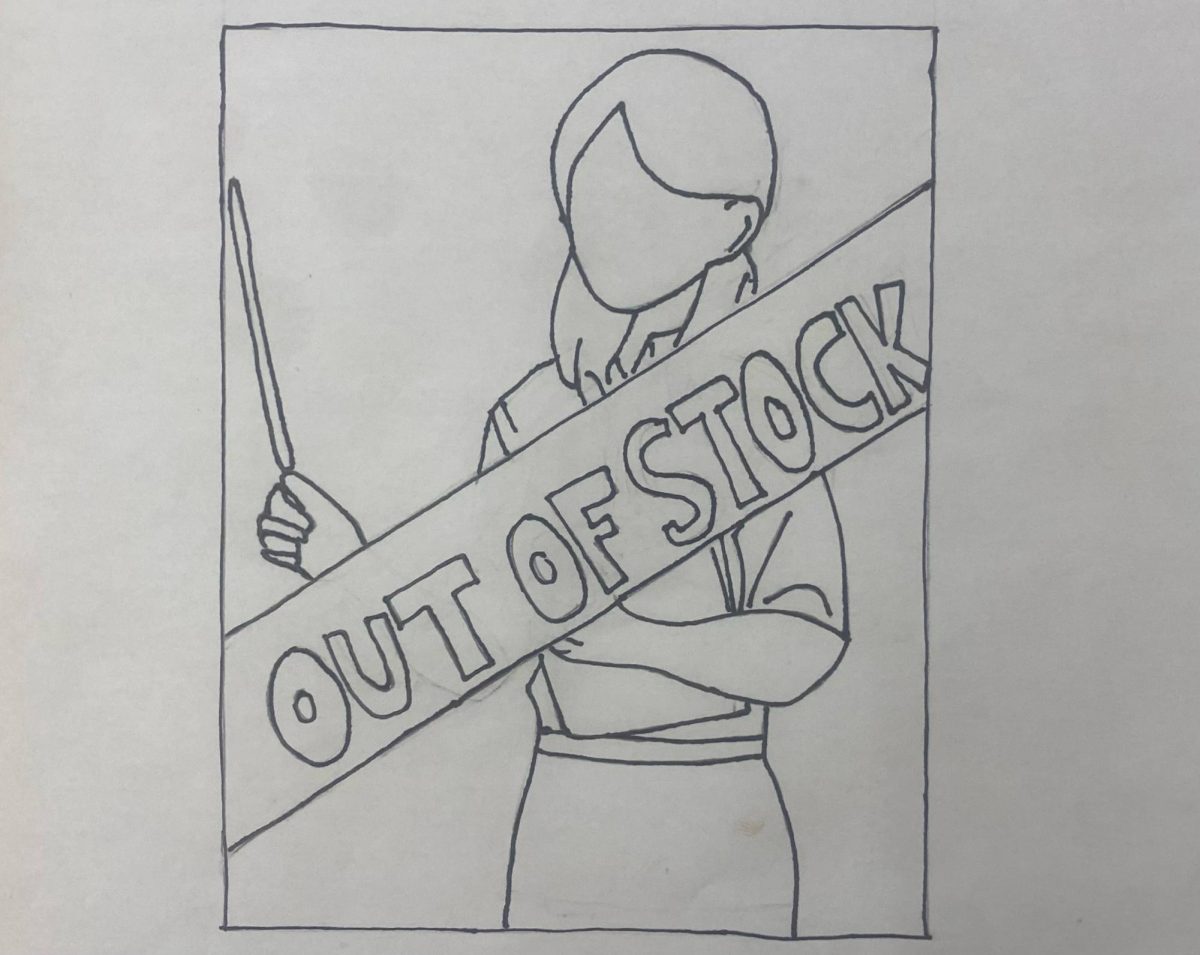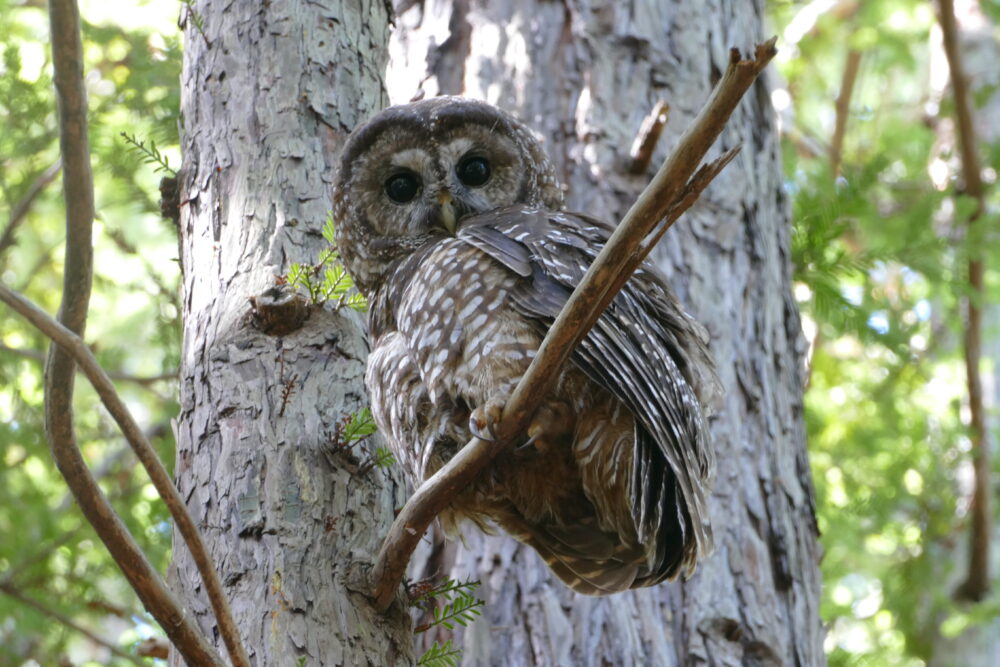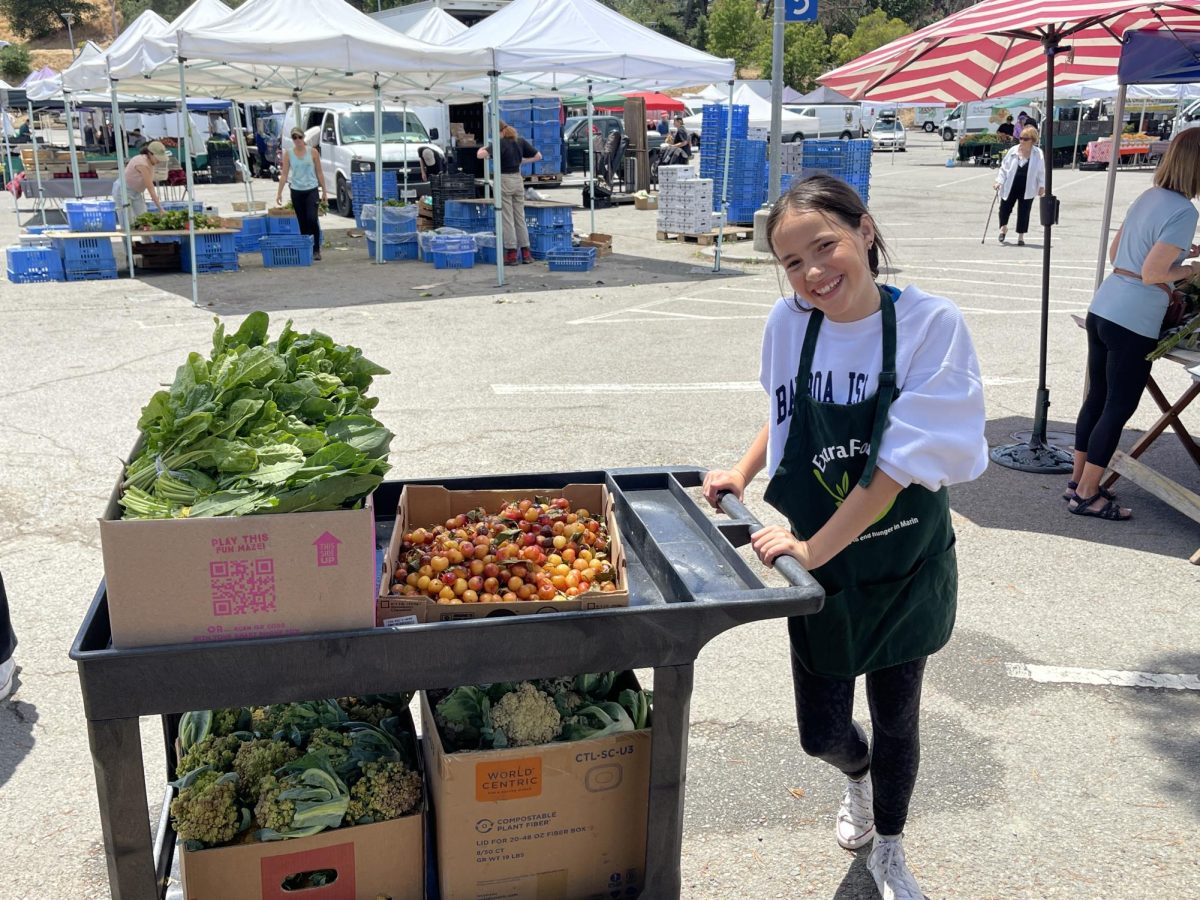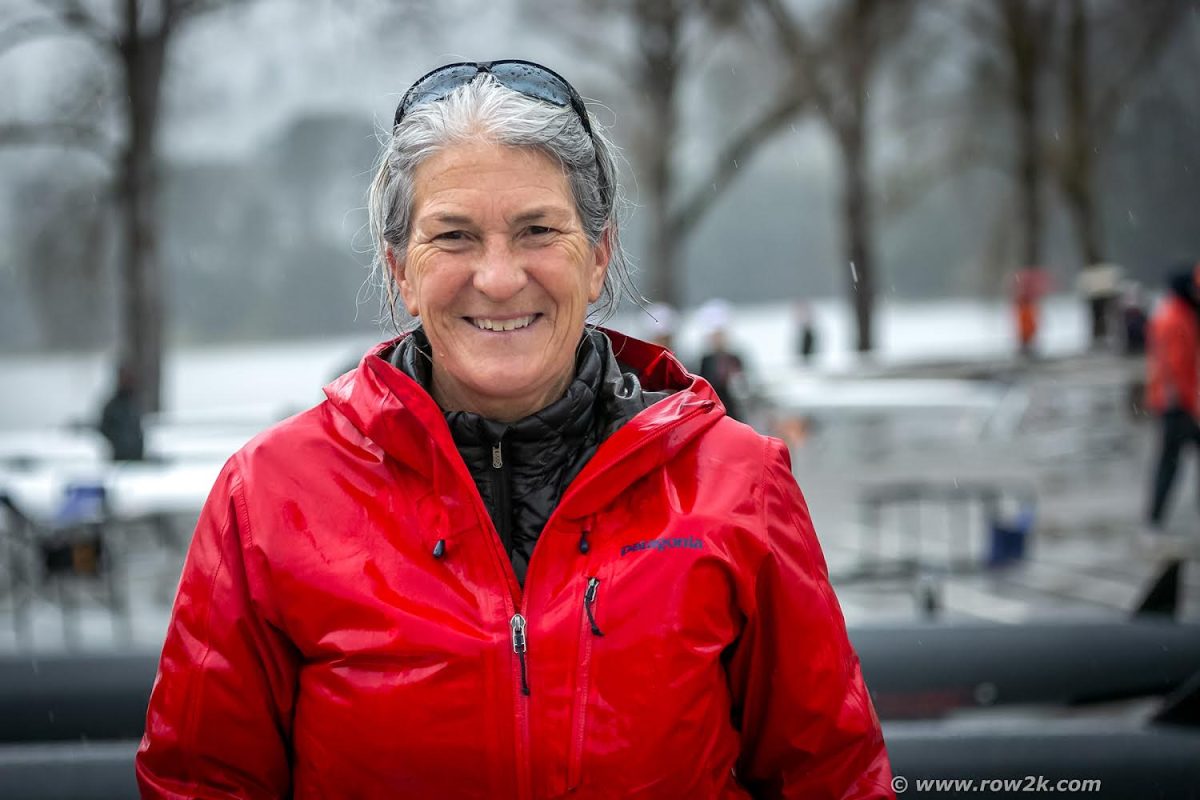For 17 Redwood students, this past spring break was filled with cultural experiences and a whole lot of dirt.
These students––some from Spanish classes, some from Sustainable Agriculture, and others just interested in the opportunity––took a trip, led by science teacher Joe Stewart, to Nicaragua.
The purpose of the trip, which lasted from April 10 to 19, was for the students to assist with two sustainable and biointensive gardens to produce rich and healthy soil, as well as to learn about Nicaraguan culture. The gardens were located at a local clinic and high school.

Stewart has gone on school service trips many times over the past nine years, all of them through nonprofits, such as Global
Student Embassy.
“[Global Student Embassy] provided a lot of support. My job is mostly to recruit and help get students excited about it and let them know about it,” Stewart said.
Stewart and the students discussed sustainability and learning new farming techniques, such as double digging. They farmed alongside locals and supported the upkeep of sustainable farms.
“We talked about development and what that means to develop as a nation,” Stewart said. “Students learned how to do hands-on building of a garden, particularly using some biointensive methods.”
The farm at the clinic has been growing for a year, according to senior Jamie Ball, so the students helped with both farming and making the ground more plant-friendly.
“The land in Nicaragua is really clay-like and really hard to grow stuff in,” Ball said. “We did a lot of double digging, which was pretty labor intensive but it was worth it.”
According to Stewart, there are a lot of cultural differences between Nicaragua and the United States.
“Nicaragua is the second poorest country in the Western Hemisphere, so it’s different from the United States. It’s a smaller country and they have a lot of economic challenges. It’s a dry country; it’s very hard to do agriculture,” Stewart said. “That being said, there are a lot of similarities, and it was really wonderful to see those connections being made.”
Ball said that the unfamiliar country caused initial difficulties for many students.
“I think [integration] was a little easier because we were a big group of ‘gringos’––it made it easier and harder at the same time because we all had each other, but at the same time, that could have been a factor that set us a little bit aside from the community members at first. After we started talking to them, it wasn’t an issue,” Ball said.
Junior Naina Vyas said she learned a lot about differences in culture.
“There’s not a normal. Everyone’s different, everything’s different,” Vyas said. “We got to talk with [the locals] and speak Spanish with them and farm with their environmental science and agriculture classes.”
Ball took a similar trip last summer, when she traveled to Paraguay to help build a fence, latrines, and conduct educational camps with Amigos de las Americas. Ball said that the students didn’t just travel to Nicaragua to learn about gardening, but also to get to know the locals and understand their culture.
“It was cool to actually be able to work with [the locals],” Ball said. “A lot of organizations lack that integration, but [Global Student Embassy] did a good job helping us with that.”
Ball said that she sensed the work they had done in Nicaragua would not be just a one-time action, but a lasting project.
“It’s just one of those projects that the students and the teachers are going to keep doing in the future,” Ball said. “Seeing all the motivation in the students and all these kids wanting to help was really cool, so I think that’s definitely going to be a long term achievement.”
















